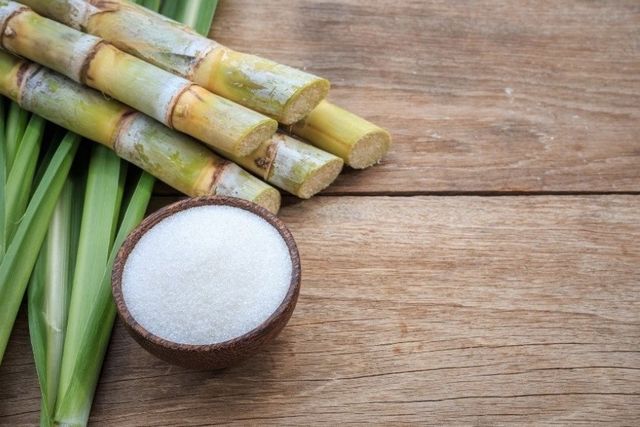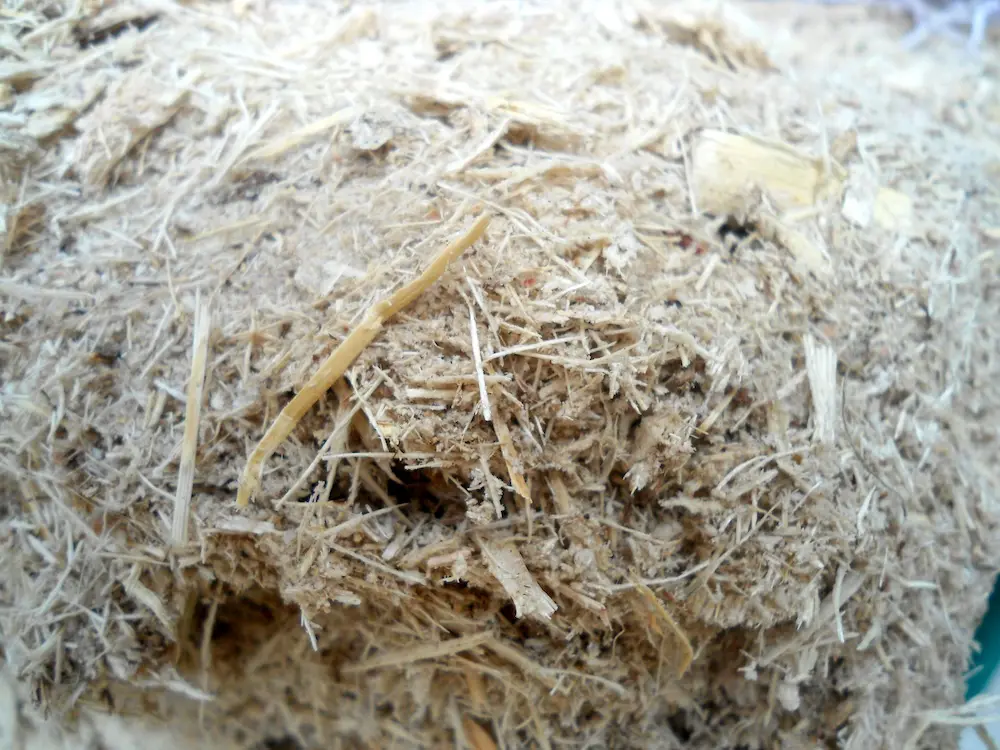Lasting Sugarcane Products: From Sweeteners to Eco-Friendly Goods
The capacity of sustainable sugarcane products expands beyond conventional sugar to encompass a variety of environment-friendly goods, offering a compelling case for their combination right into modern-day customer methods - sugarcane product. As the world comes to grips with pressing ecological issues, sugarcane becomes a functional resource efficient in dealing with both nutritional demands and sustainability goals. This conversation will discover just how advancements in sugarcane growing and processing can result in significant developments in biodegradable product packaging and eco-conscious fabrics. What implications might these advancements have for future customer choices and environmental influence?
Summary of Sugarcane Sustainability
As the demand for eco-friendly products expands, understanding sugarcane sustainability comes to be progressively vital. Sugarcane, a functional crop, is cultivated largely in exotic and subtropical areas, and its sustainability is vital for both ecological health and wellness and economic viability. Sustainable sugarcane farming techniques focus on reducing ecological influence while making the most of performance and profitability.
Key elements of sugarcane sustainability consist of effective land usage, reduced chemical input, and boosted water management. Practices such as crop turning, incorporated insect administration, and natural fertilizing add to soil health and wellness and biodiversity. Furthermore, ingenious technologies, such as accuracy agriculture, assistance maximize resource usage and lower waste.
Furthermore, sugarcane is an eco-friendly source, with spin-offs that can be utilized in numerous sectors, from biofuels to eco-friendly plastics, thereby lowering dependence on fossil gas and reducing carbon impacts. Accreditations like the Bonsucro conventional encourage sustainable techniques across the supply chain, advertising transparency and responsibility.

Sugarcane-Based Sugar
Utilizing sugarcane as a main source, sugarcane-based sweeteners have gotten prestige as all-natural options to refined sugars and man-made sugar (sugarcane product). These sweeteners, obtained from the removal and processing of sugarcane juice, supply a variety of products that deal with diverse customer preferences, consisting of organic and minimally processed options
Amongst the most noteworthy sugarcane-based sugar are raw walking cane sugar, panela, and molasses. Raw walking stick sugar preserves even more of the all-natural flavors and nutrients discovered in sugarcane, making it a favored choice for health-conscious consumers. Panela, a standard Latin American sweetener, is generated by vaporizing sugarcane juice, maintaining its natural minerals and vitamins. Molasses, a by-product of sugar removal, is abundant in anti-oxidants and vital nutrients, offering as a healthy sweetening representative in numerous culinary applications.
The expanding need for sugarcane-based sugar is driven by enhancing recognition of health and sustainability issues connected with traditional sugar. By choosing sugarcane-derived products, consumers not only sustain sustainable agricultural methods yet also add to a healthier way of life, straightening their nutritional options with their environmental values.
Naturally Degradable Packaging Solutions
Arising as a viable alternative to conventional plastics, eco-friendly packaging remedies originated from sugarcane are changing the product packaging sector. These cutting-edge materials offer an eco-friendly choice that deals with the growing issues over plastic click over here pollution. Using the all-natural sugars discovered in sugarcane, manufacturers are creating numerous forms of biodegradable product packaging, consisting of films, containers, and covers that break down much more quickly than conventional plastics.
The primary benefits of sugarcane-based product packaging lie in its eco-friendly sourcing and its ability to damage down right into non-toxic by-products. Unlike fossil fuel-derived plastics, which can continue the setting for centuries, sugarcane packaging usually decomposes within a few months under appropriate problems. This reduction in waste not just mitigates landfill overflow yet also reduces the carbon footprint related to product packaging materials.
Moreover, sugarcane-derived packaging keeps robust performance characteristics, using similar sturdiness and functionality to conventional alternatives. As organizations and consumers progressively focus on sustainability, the fostering of eco-friendly packaging remedies represents a significant step towards a round economy, where products are reused and restored rather than disposed of. This change not only improves brand name photo however additionally adds to a much more lasting future for the world.
Eco-Friendly Textiles and Fabrics
Environment-friendly fabrics and fabrics are getting traction in the style and home products markets as consumers progressively demand lasting options to typical products. Among the remarkable alternatives are fabrics acquired from sugarcane, which provide an eco responsible alternative to artificial fibers. These textiles are generated via a procedure that uses the eco-friendly sources found in sugarcane, substantially lowering dependence on petroleum-based products.

Brands are significantly incorporating green textiles into their product, showing a broader commitment to sustainability. This shift is not simply a fad but a necessary evolution in feedback to environmental worries. As the marketplace for sustainable address fabrics expands, consumers can look ahead to innovative layouts that incorporate design with eco-friendly duty. Inevitably, environmentally friendly fabrics and textiles represent a about his considerable action toward lowering the garment industry's environmental impact while satisfying the expanding demand for accountable consumer choices.
Innovations in Sustainable Farming
Changing agricultural methods, advancements in lasting farming are transforming the way crops are grown and taken care of. These advancements focus on lessening environmental impact while making the most of performance and productivity.

Furthermore, agroecology, which integrates ecological concepts into farming, promotes biodiversity and dirt wellness. Practices such as plant turning, cover cropping, and intercropping foster durable ecological communities that can withstand bugs and climate variants - sugarcane product. Additionally, making use of natural plant foods and biopesticides adds to much healthier dirts and communities

With each other, these developments are not only reshaping the agricultural landscape but additionally adding to an extra lasting future for sugarcane and other plants, straightening agricultural exercise with ecological stewardship.
Verdict
Sustainable sugarcane items represent a significant improvement in green choices, covering from all-natural sweeteners to naturally degradable goods. As customer choices progressively lean in the direction of sustainable alternatives, the versatility of sugarcane as a sustainable resource ends up being significantly appropriate.
The capacity of lasting sugarcane products prolongs past traditional sweeteners to incorporate a range of environment-friendly products, providing an engaging case for their integration into modern-day customer methods. Sustainable sugarcane farming practices concentrate on decreasing environmental impact while optimizing performance and productivity.
Lasting sugarcane items represent a significant development in environment-friendly options, extending from natural sugar to biodegradable products. The growing of sugarcane via lasting methods not just enhances environmental health and wellness but also contributes to financial stability. As customer preferences increasingly lean towards sustainable alternatives, the convenience of sugarcane as an eco-friendly source comes to be increasingly pertinent.